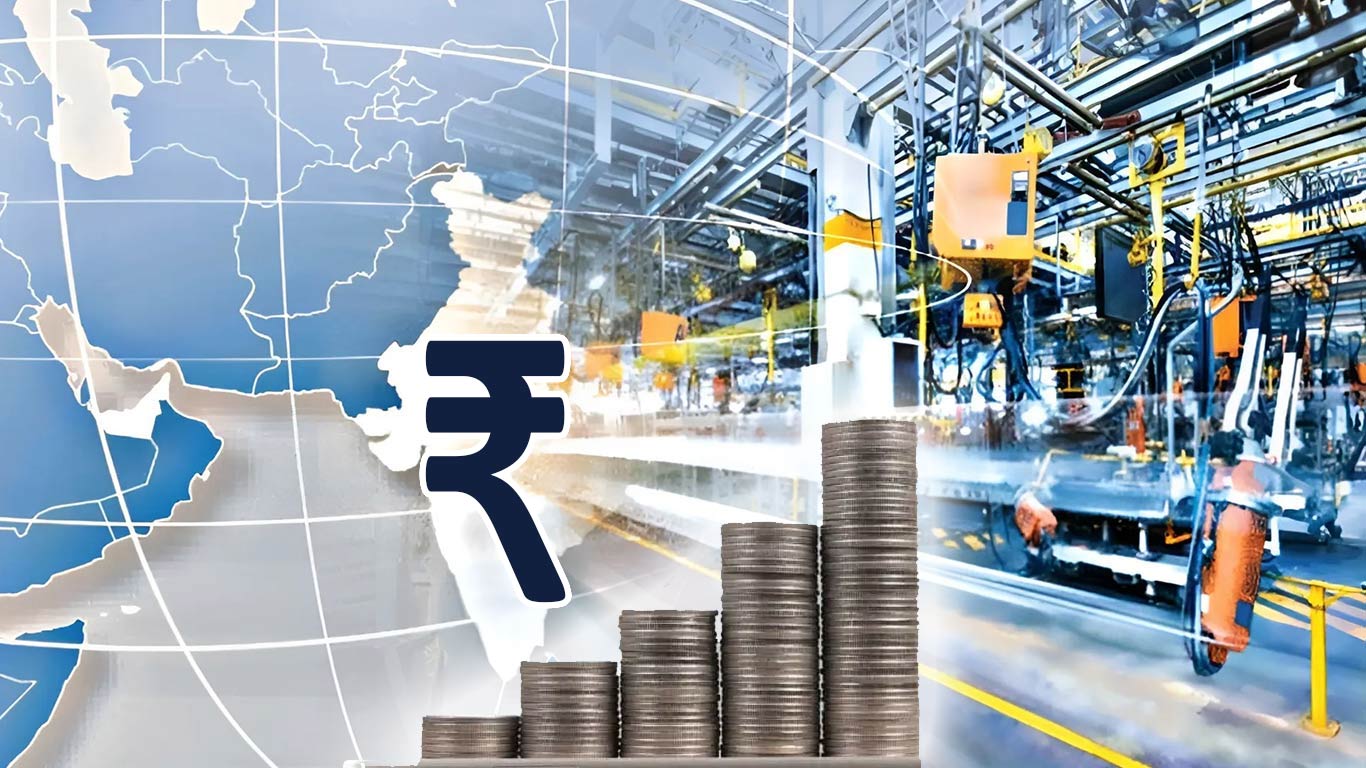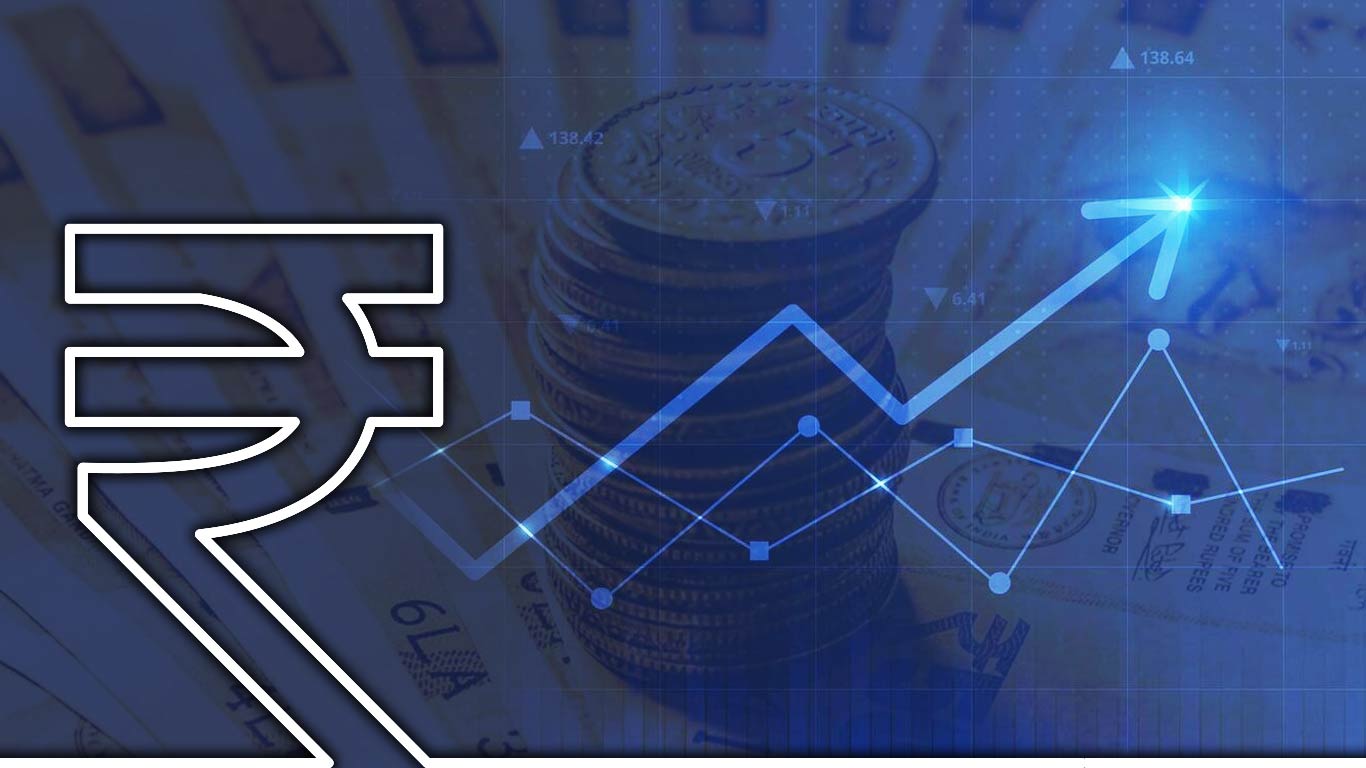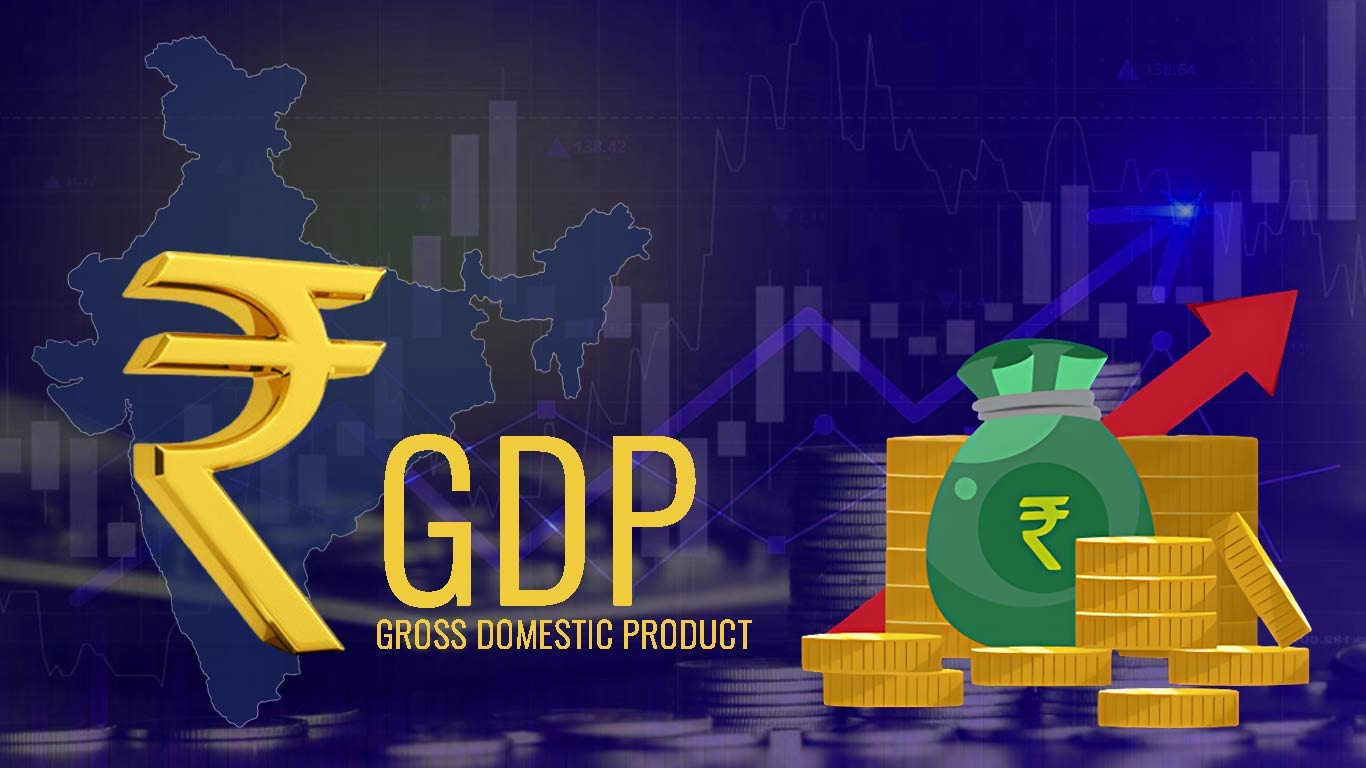Rupee scare overplayed; pegging levels done by reckless people: ASSOCHAM poll
Updated: Aug 24, 2013 05:52:07pm

The pulling out of the foreign institutional investors (FIIs) from the entire emerging markets pack was not a doing of the Indian economy or its government and was entirely based on the signals emerging from the Federal Reserve, the Associated Chamber of Commerce and Industry (ASSOCHAM) said in a release.
However, an impression of panic was sent doing a considerable damage to the financial markets and the overall economic sentiment, as many as 67 per cent of the economists and the corporate heads polled by the ASSOCHAM Research team in the last one week said.
Some 61 per cent of the respondents pointed out that the government and the RBI should have kept their nerve even if the rupee was slipping in line with several other emerging markets like Indonesia, Brazil, South Africa and Turkey.
While it is true that India runs a large current account deficit, the situation was not precarious as to force the RBI and the Finance Ministry to take certain measures which were misconstrued as the return of the capital controls. Even though the Finance Ministry and the RBI tried to correct the impression, enough damage has been done, the poll summary indicated.
As many 58 per cent of the respondents said that the RBI should let rupee find its own level. Even though depreciation, about 16-18 per cent since May, is causing inflationary pressure, it would make Indian products much more competitive in the international markets and push exports of both services and goods.
“The ultimate solution to the current account deficit is a considerable increase in exports of merchandise and services, finding substitution for imports by giving a great push to the domestic manufacturing and production capacities. The rupee depreciation would certainly help our exports and the initial trends of turnaround in exports have already been seen in July,” said Secretary General ASSOCHAM D S Rawat.
In so far as the domestic inflationary pressure is concerned, the situation is expected to improve after the Monsoon season as enough rains have improved the crop prospects. The food inflation is projected to decline and along with already suppressed core inflation, the overall pricing situation is sure to cool down in the next two months, the poll results said.
Thus, the market sentiment has completely overlooked domestic factors such as improved Monsoon, better prospects for agro-based industries, US-focussed information technology firms, export related companies and trader-exporters.
Moreover, the government has so far been maintaining a leash on the fiscal situation and the fiscal deficit is not expected to go beyond the budgeted level. The impact, whatever is, of the Food Bill, would be seen only in the next financial year, by then the situation is expected to improve considerably for the economy and the government finances.
The respondents said putting a figure to rupee-dollar equation is totally a wild guess. All kinds of levels are being talked about by some reckless and irresponsible agencies, creating further havoc and the central bank and the finance ministry should not fall into their trap.
Mr. Rawat said, “They are creating an impression as if it is an end of the Indian economy. At worst, they are following a herd mentality of the markets which should not be only guiding force for the national economies. Our baseline is far greater with 1.30 billion people market”.
Majority of the respondents agreed with finance minister P Chidambaram who had earlier said that a single event about the US stimulus tapering should not be allowed to determine the fate of the entire emerging economies which have been a shining example of growth in the last over a decade, said Rawat.
The sentiment against the emerging markets would soon play out, it was noted. There was a broad consensus that a pick-up in the American economy would augur well for the Indian exports of both services and goods. The loss because of tapering of US stimulus would be more than made up by the real fundamentals.
The only difference is that there would be a lag. But paradoxically, today India and other emerging economies are desperate to see bad data from the US economy in terms of growth and employment because any improvement on both these counts would mean more of global hot money flowing back to the US. (KNN)











